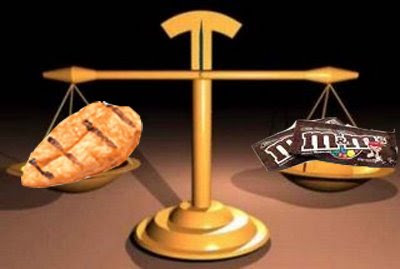It is commonly accepted dogma that our metabolism slows as we age, and that this is a contributing factor to weight gain as we get older. A recent study has caused quite a stir, because it goes against what we have previously understood about metabolism, suggesting that it actually doesn’t change through most of adult life.
So which is it?? Does metabolism decline in our adult years, or not?
The study was nicely summarized by my colleague Dr Arya Sharma, so I won’t review it in detail here. Essentially, this comprehensive analysis of the existing database of energy expenditure studies found that there are four distinct life phases of energy expenditure. One of these phases is from age 20-60 years, where they found that total and resting energy expenditure is stable. They found that energy burn starts to decline only after age 60.
Share this blog post using your favorite social media link below!
Follow me on twitter! @drsuepedersen
www.drsue.ca © 2021











